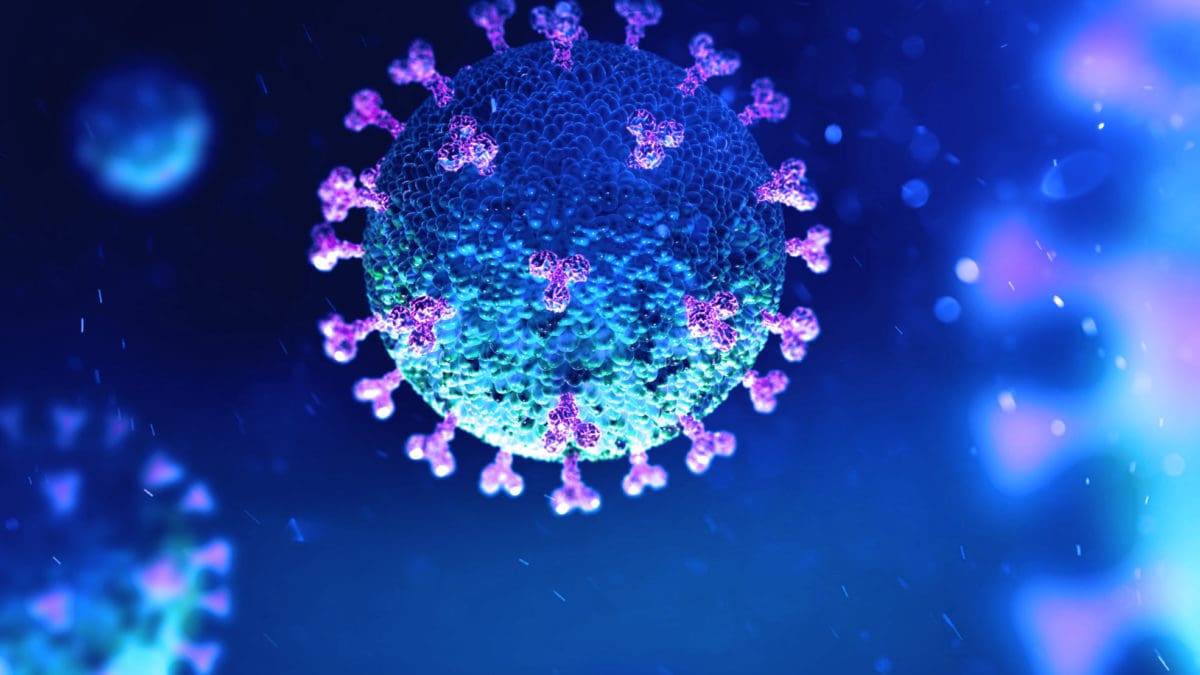What is the biopharmaceutical industry doing in the fight against COVID-19?


As COVID-19 spreads, biopharmaceutical innovators are at the heart of the fightback against the pandemic. The industry’s efforts are global. In Ireland, the focus is in four main areas:
1. Ensuring the secure and continued supply of medicines to patients;
2. Securing business continuity in medicines manufacturing;
3. Helping the Government to manage the response through information-sharing; and,
4. Contributing to the search for a vaccine and a treatment.
Across the country, the manufacture of medicines for global supply, as well as for patients here, continues. Manufacturing sites are operating, and the distribution and supply chains that bring medicines to patients continue to function. In that sense, medicines manufacturing during COVID-19 is an ‘essential business’. This message has been relayed to the Government and it has been echoed in statements by the Taoiseach, the Minister for Business, Enterprise and Innovation and others.
The industry is working closely with the health authorities to closely monitor the supply chain. There are no reports of shortages or supply disruptions caused by the pandemic. The industry fully supports the Government’s efforts to stop the spread of COVID-19. Locally, companies are engaging with hospitals and charities to identify ways they can help on a practical level.
Globally, biopharmaceutical innovators are searching for a vaccine and a treatment. A vaccine would protect people from the virus in the future. A treatment would help people who have it to get better. Usually, a vaccine takes an average of 2.5 years to develop. But the industry is working hard to have one much sooner than that. Vaccines save up to 3 million lives every year. They protect people from often fatal diseases such as polio, measles, diphtheria, thyphoid and rubella. They have even eradicated smallpox. We want to add COVID-19 to that list.
Scientists are investigating three main types of drugs: antivirals to stop the virus from replicating; anti-inflammatories that treat the lungs after the immune system is overwhelmed; and antibody-based treatments for seriously ill patients.
The industry globally is involved in collaborative research to fast-track the development of therapeutics and diagnostics for COVID-19. Many of these research and development efforts are in partnership with public health programmes like the Innovative Medicines Initiative, as well as with institutions like the European Medicines Agency and the World Health Organisation (WHO).
Here is a snapshot of how some companies are supporting efforts in the detection, prevention and treatment of COVID-19.
Pfizer, in partnership with BioNTech SE, is aiming to accelerate the development of BioNTech’s potential first-in-class COVID-19 mRNA vaccine programme, BNT162, which is expected to enter clinical testing by the end of April. In Italy, Pfizer pledged to make available for free medicines worth around €2.5 million.
GSK is donating US$10 million to the WHO and the UN Foundation’s COVID-19 Solidarity Response Fund to help prevent, detect and manage the pandemic. The company is expanding vaccines collaborations and evaluating existing medicines to determine whether any could be used beyond current indications.
Johnson & Johnson is searching for a vaccine, making existing antivirals available for testing, collaborating with industry partners to screen a library of antiviral molecules, working with health authorities and institutions on research platforms, and providing tools and personal equipment where it can.
MSD has donated a supply of interferon beta-1a (Rebif) to the French Institut National de la Santé et de la Recherche Médicale following a request for use in a clinical trial. The company has supported China’s fight against COVID-19 with multiple donations in cash and in kind to local charities.
Novartis is providing US$20 million in grants to support public health initiatives that help communities manage the pandemic. The company is involved in collaborative research efforts, as well as making available compounds from its libraries that are suitable for in-vitro antiviral testing.
Eli Lilly has partnered with AbCellera Biologics to co-develop antibody products for the treatment and prevention of SARS-CoV-2, the virus that causes COVID-19.
AstraZeneca is donating 9 million face masks to support healthcare workers around the world as they respond to COVID-19. The company is accelerating the development of diagnostic testing capabilities to scale up screening while research and development teams are working to identify monoclonal antibodies to progress towards clinical trial evaluation.
Bayer has partnered with other manufacturers in the COVID-19 Therapeutics Accelerator Initiative, initiated by the Bill and Melinda Gates Foundation, to find and develop effective novel compounds against the virus.
AbbVie donated US$2 million worth of Aluvia to Chinese heath authorities as an experimental option to help tackle the outbreak there. The company is working with the World Health Organisation on a coordinated global response effort.
Sanofi Pasteur, the vaccines global business unit of Sanofi, is leveraging previous development work for a SARS vaccine as part of efforts to unlock a pathway for developing a COVID-19 vaccine. Sanofi is using its recombinant DNA platform to produce a novel COVID-19 vaccine candidate.
Roche and Genentech, part of Roche, are providing scientific expertise and research and development advice to the WHO and other stakeholders. The company is working with Chinese health authorities and the government to help provide screening and health care, including supporting local health officials and hospitals in the Hubei Province.
Takeda is initiating the development of a plasma-derived therapy, designated TAK-888, with the potential to treat hospitalised COVID-19 patients and to prevent infection in frontline healthcare workers.
Boehringer Ingelheim is working to develop neutralising antibodies against the SARS-CoV-2 spike protein. It is investigating existing pipeline and in-market compounds, as well as compounds from former HIV and HCV research activities. The company has a joint fast-track call for project submissions to develop therapies and diagnostic tools initiated by the Innovative Medicines Initiative.


